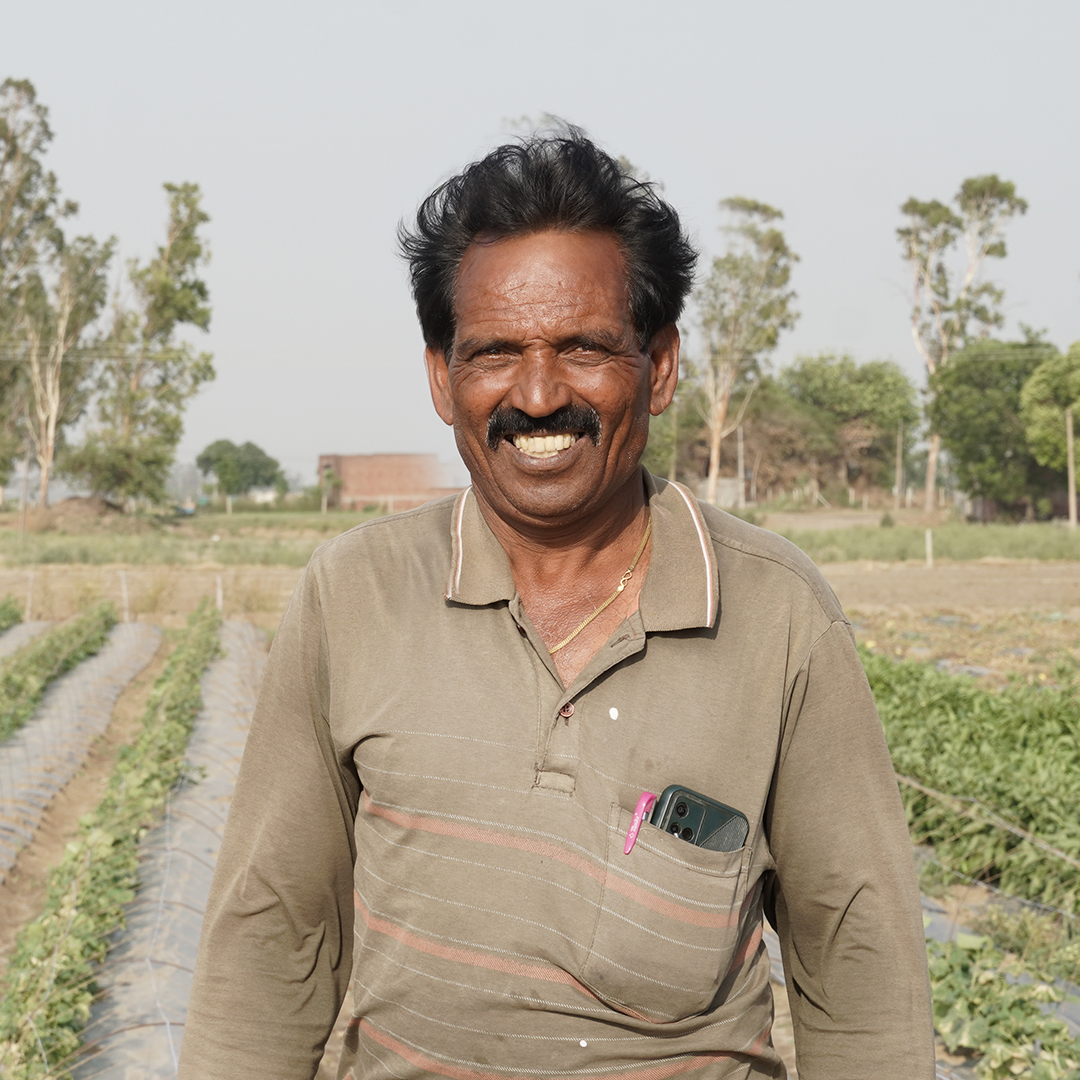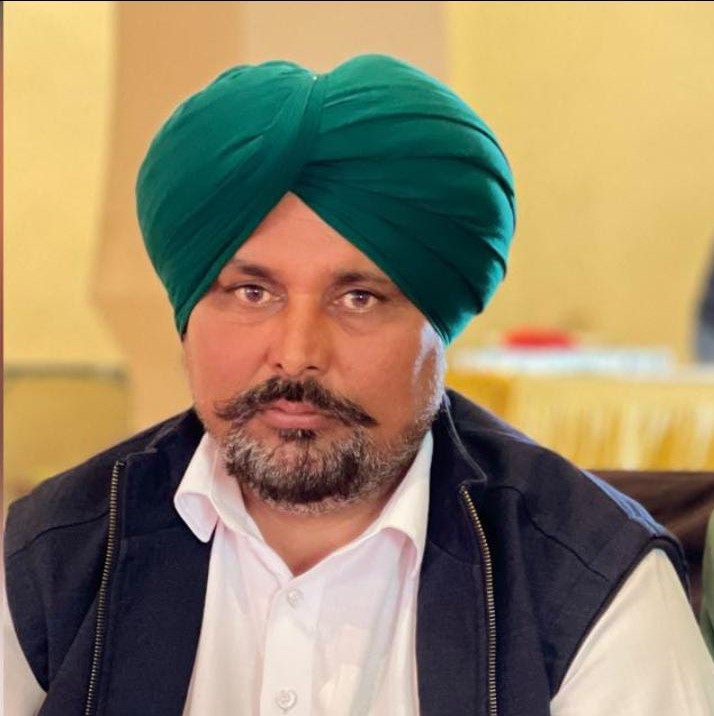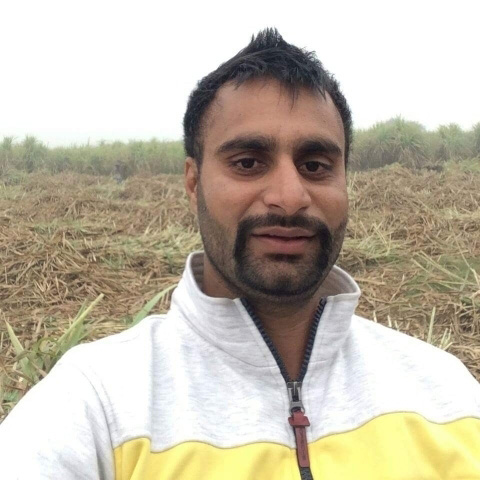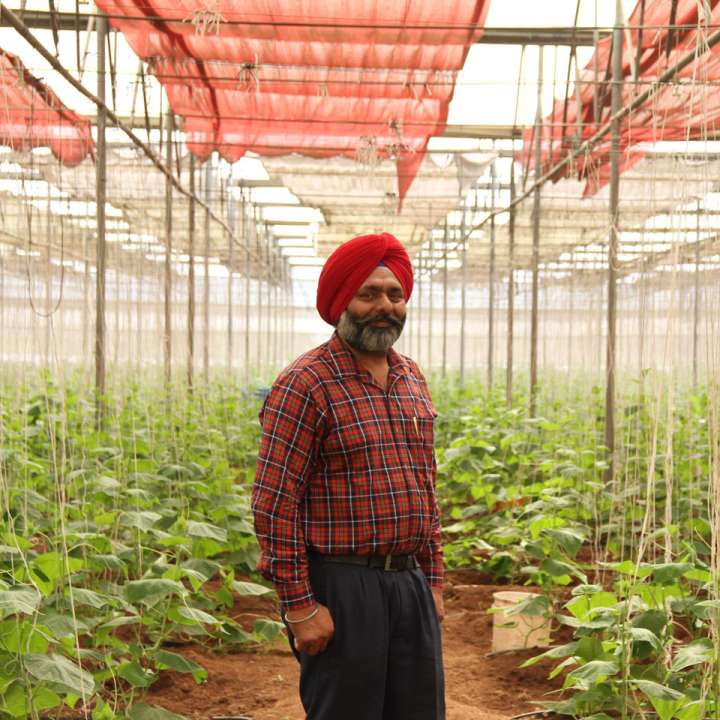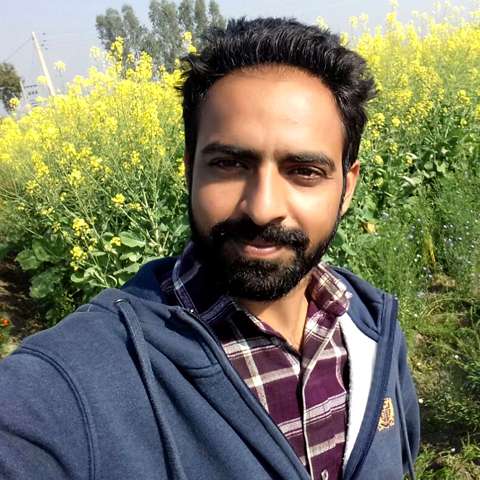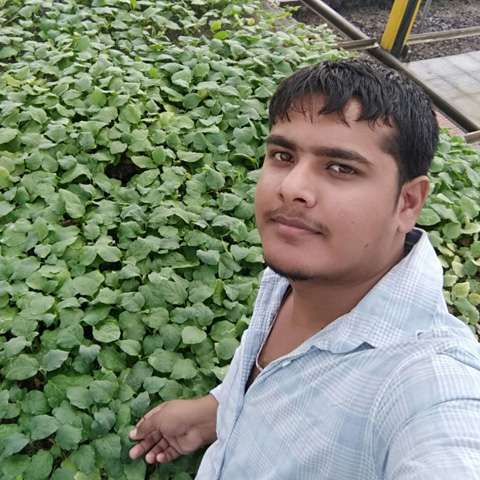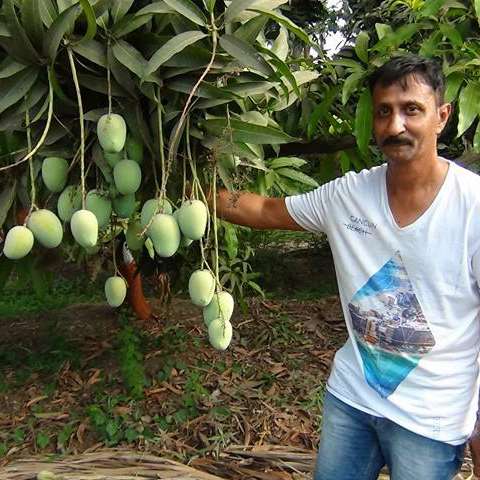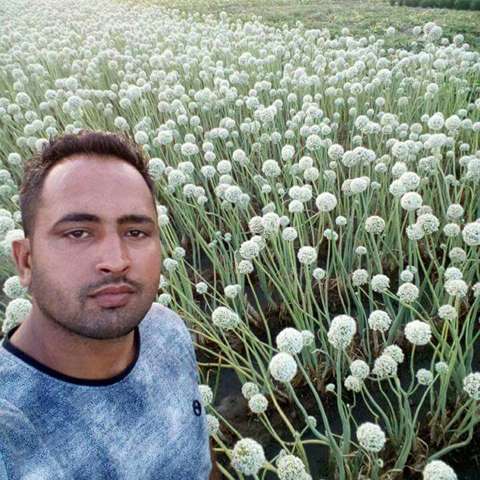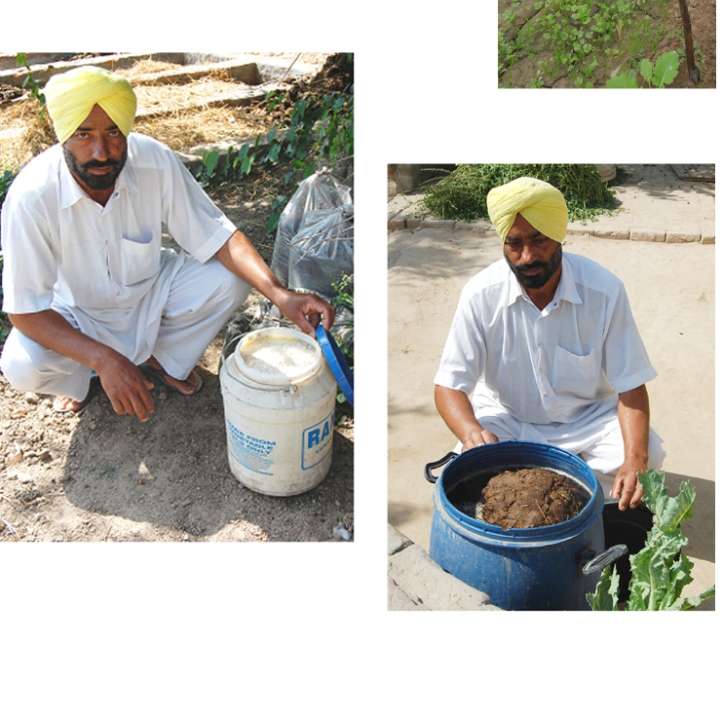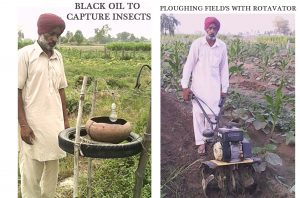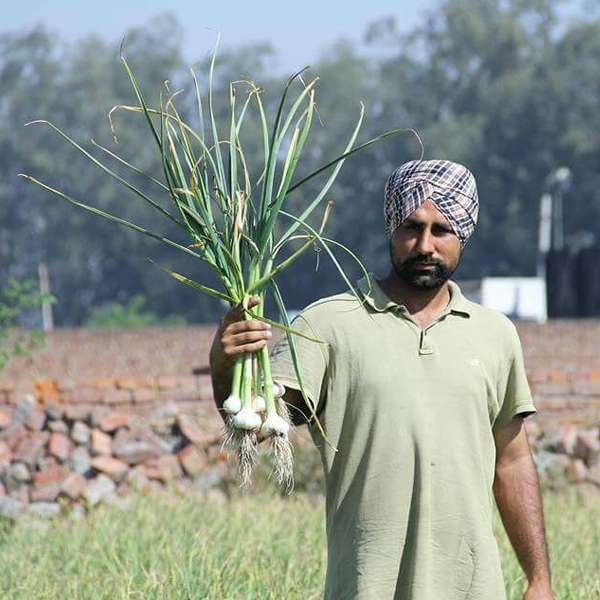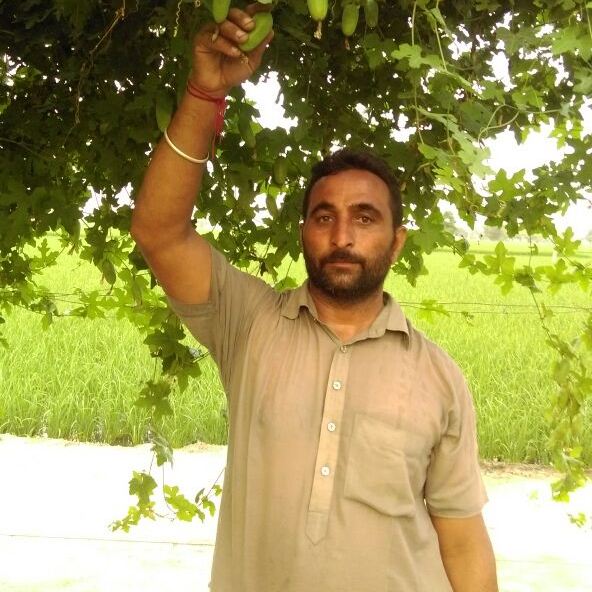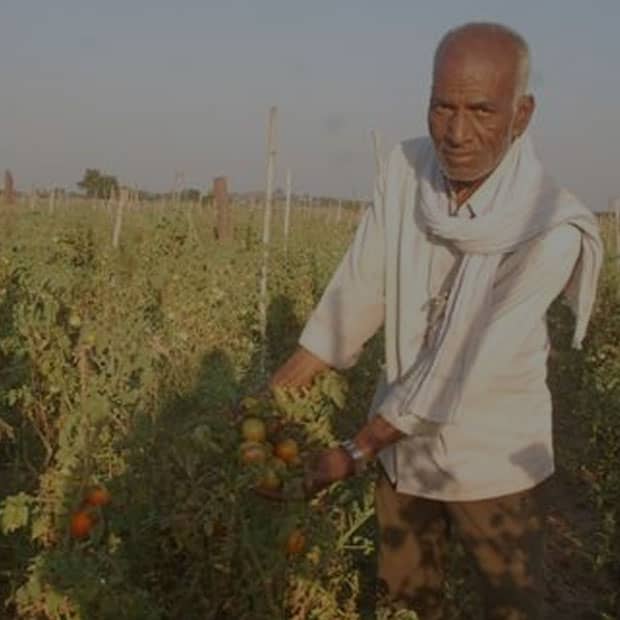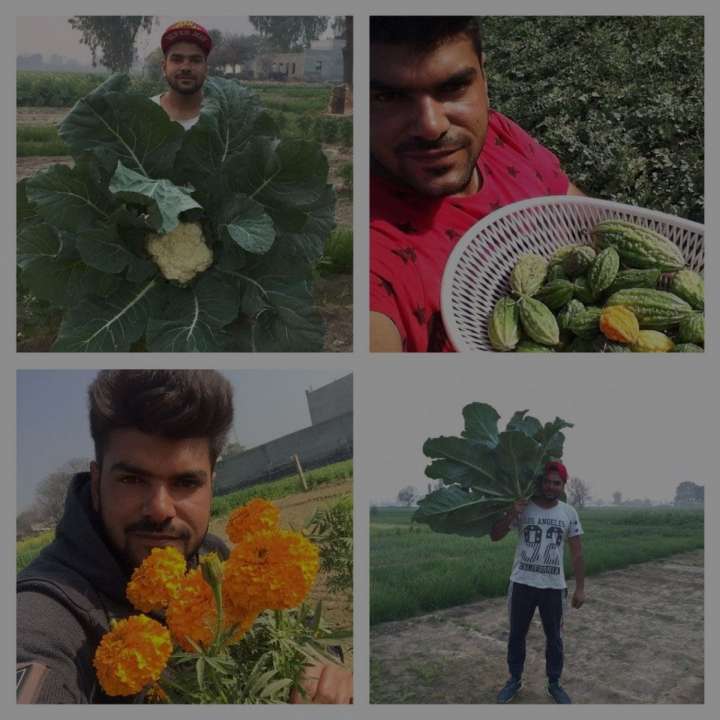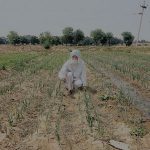The Inspiring Journey of Mohammad Gafur: From 1 Bigha to 65 Acres of Land
In the bustling town of Patiala, Punjab, a remarkable farmer named Mohammad Gafur has defied all odds to build a flourishing agricultural empire. Starting with just 1 bigha of land, he has now expanded his farming operations to an impressive 65 acres. Today, Gafur is an expert in the intricacies of farming, achieving remarkable success through his sheer determination and unwavering spirit.
Hailing from the town of Malerkotla, Mohammad Gafur’s life took an unexpected turn in 1983 when his father passed away. With the weight of responsibility on his young shoulders, he had to leave his studies and seek a way to support his family. Gafur’s journey in farming began with a small vegetable nursery. He soon realized that this was his true calling, and he was passionate about cultivating the land.
Gafur’s progress in farming was nothing short of extraordinary. In 1992, he seized an opportunity to get 6 to 7 acres of land on lease, belonging to Khalsa College. This marked a significant milestone in his journey. In the year 2000, Gafur expanded his farming operations to 20 acres and by 2004, his land grew to 31 acres. His relentless dedication and hard work yielded remarkable results. In 2017, Gafur’s land on lease reached a significant milestone of 41 acres, and today, he proudly practice farming on 65-acres of land on lease.
What sets Gafur apart from others is his ability to understand the complexities of farming purely through experience. He did not receive any formal training or guidance from any agricultural institute. With time, he mastered the art of farming and became well-versed in various agricultural techniques. Gafur’s journey is a testament to the value of hands-on experience and perseverance.
Throughout the years, Gafur experimented with different crops and irrigation methods to maximize his yields. In his early days, he worked in Sangrur Nehru Market and Moga, where he sold Paneeri. In 1991, he shifted to Rajpura and eventually settled in Patiala. It was during this time that Gafur began using the mulching irrigation method, which he has employed for the past 5 years. In addition, he uses a drip system for 15 acres of his land, receiving subsidies from both the Patiala officers and the central government for this initiative.
Gafur’s expertise extends not only to farming but also to crop planning. He strategically reserves 15 acres for vegetables, 5 acres for wheat, and 25 acres for paddy during their respective seasons. His knowledge of farming practices has earned him the respect of fellow farmers, who often seek his advice and assistance. Gafur generously helps others with vegetable farming and provides guidance regarding medicines and spray names.
Mohammad Gafur’s family has played a crucial role in his farming journey. While his three brothers continue to be actively engaged in farming, the rest of his siblings have established seed shops. In 2000, Gafur became an Army contractor and started selling 10 acres of his produce to them. This agreement has been ongoing and benefits both parties. As for the future, Gafur wishes to continue farming for as long as he can and has no intentions of leaving it in the hands of servants. His children are currently involved in successful businesses of their own and are not directly involved in farming.
Gafur’s farming endeavors have been profitable, with wheat and paddy on contracted land earning approximately 10,000 to 15,000 INR per acre. The cultivation of vegetables has the potential to generate even greater profits, ranging from 50,000 to 100,000 INR per acre. However, Gafur emphasizes the importance of not solely relying on these figures, as market rates can fluctuate. He advises farmers to carefully consider their investment and start from a smaller scale, gradually increasing their operations.
To manage his extensive farming operations, Gafur employs between 40 to 50 laborers during the busy season. As the season winds down, the number decreases to around 20. Looking ahead, Gafur remains dedicated to his farm and has no plans to retire. He firmly believes in staying humble and grounded and rejects any notions of accepting rewards. Gafur’s dedication, perseverance, and hard work continue to inspire farmers across the region.
Message to farmers
His message to fellow farmers is clear: do not rely solely on others; start small, gain experience, and steadily expand. Gafur’s legacy will undoubtedly inspire a new generation of farmers to weather the challenges and embrace the possibilities that lie within the realm of agriculture.


